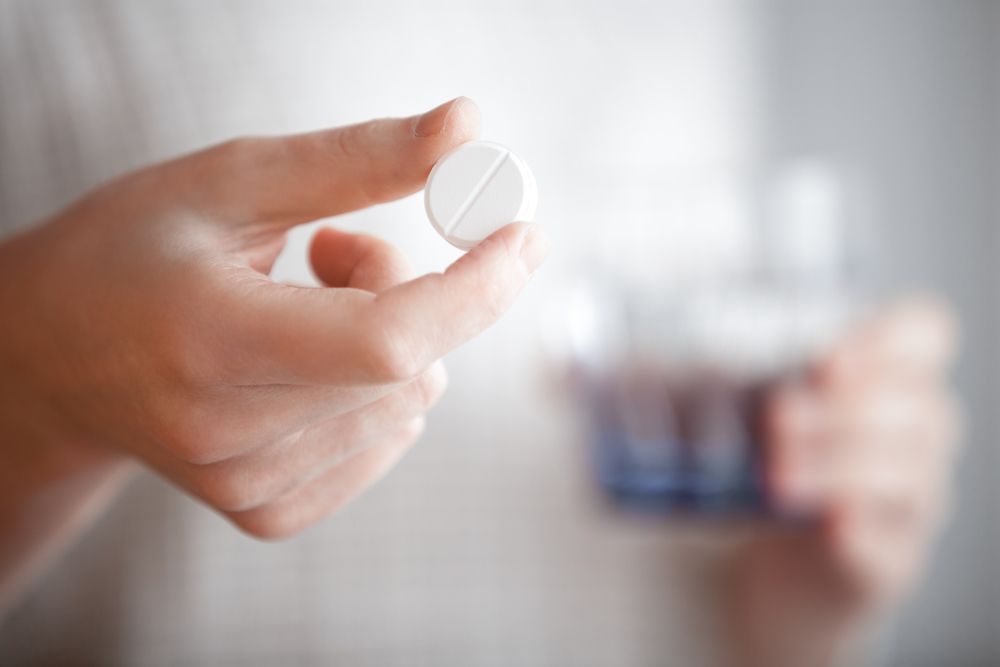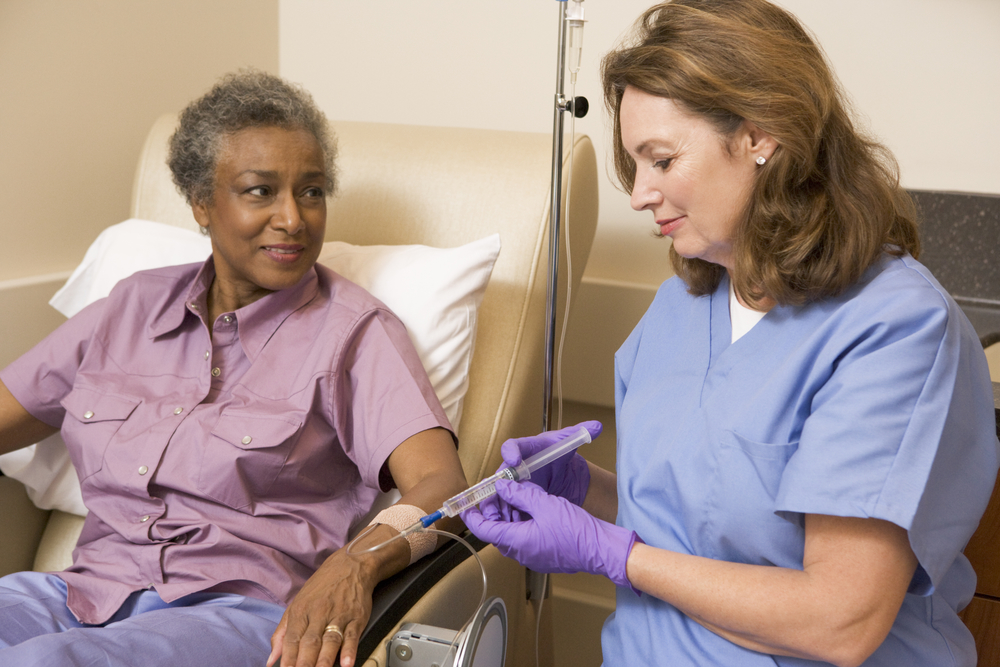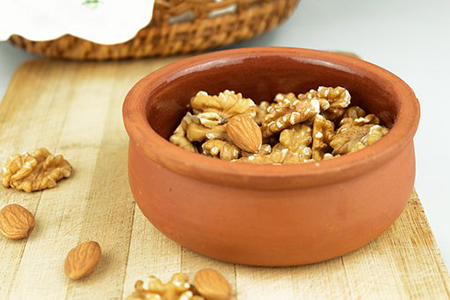High vitamin D levels reduce the risk of liver cancer
High levels of vitamin D are associated with a lower risk of developing some cancers, especially liver cancer, according to a large-scale study involving over 30,000 participants.
The study was conducted by a research team led by Professor Taiki Yamaji from the National Cancer Centre in Tokyo. The participants were divided into 4 groups, from the lowest to the highest levels of vitamin D. The results showed that after removing interfering factors, the group with the highest levels had a 22% reduction in overall cancer risk, compared with the group with the lowest vitamin D levels.
When examining the effects on specific cancers, the research team found that vitamin D levels are closely related to the risk of liver cancer. The group with the highest vitamin D levels is 50% less likely to develop liver cancer, and that the hepatitis group with high vitamin D levels has an 80% lower risk of liver cancer.

Vitamin D benefits
Vitamin D, though called vitamin, is a steroid hormone which is even regarded as a cytokine by scientists.
Vitamin D has a variety of biological benefits. The most widely known benefits include promoting calcium and phosphorus metabolism and strengthening bones to prevent osteoporosis. However, the benefits of vitamin D are far more extensive. A large number of epidemiological research and molecular medicine experiments have shown that, in addition to preventing osteoporosis, vitamin D can improve muscle weakness and pain, promote differentiation and apoptosis of cancer cells, fight inflammation, lower cholesterol and promote insulin synthesis.
Among them, the role of vitamin D in preventing cancer draw the most attraction. Although some studies have previously found that vitamin D has an anti-cancer effect, the study led by Prof. Yamaji is wide-ranging in size.
The liver cancer prevention of vitamin D
Professor Yamaji led the team to begin this research in 1990. The study eventually found that the overall cancer risk was reduced by 22% for the group with the highest D levels (75.9 nmol/L), compared to the group of the lowest vitamin D levels (36.3 nmol/L). Besides, cancers, including gastric cancer, colorectal cancer, colon cancer, rectal cancer, liver cancer, lung cancer, prostate cancer, and breast cancer etc. have seen declines in the risks. In particular, the risk of liver cancer, lung cancer, and prostate cancer decreased by 55%, 28%, and 36%, respectively.
For those who have hepatitis B or hepatitis C, the high levels of vitamin D are associated with a lower risk of liver disease. With the interference of hepatitis, the risk of liver cancer was reduced by 60% in the group with the highest levels of plasma vitamin D, compared with the group of the lowest levels, and this figure increased to 80% without the interference of hepatitis. This means that for patients with hepatitis, vitamin D supplementation is effective in preventing liver cancer.
Vitamin D is extremely safe
The study clearly concluded that vitamin D helps prevent cancer. However, Vitamin D had been believed to cause some side effects like high blood calcium, kidney stones, and organ calcification. As early as 1999, Professor VIETH of the University of Toronto had already clarified the rumor that vitamin D was highly toxic.
After collecting a large number of documents and conducting research, Prof. VIETH found that even if 10,000 unit vitamin D (recommended dose of 600 units per day) are consumed daily, no cases of poisoning have been found. Moreover, subsequent clinical studies also showed that even if 10,000 units of vitamin D were supplemented daily for 5 months, the participants involved in the experiment still had no adverse reactions. Only when consuming 50,000 unit vitamin D, adverse reactions will occur due to an overdose.
According to VIETH’s research, the consumption of the recommended dose of vitamin D causes no toxic effects.

Daily doses of vitamin D and sources
The normal vitamin D level is 75 nmol/L. In Professor Yamaji’s study, the lowest vitamin D level of the group is only 36.3 nmol/L. This indicates that most people consume insufficient vitamin D daily. The daily supplementation of 600 units of vitamin D can bring vitamin D levels to normal levels.
There are some good sources of foods rich in vitamin D, including:
- Oil-rich fish such as salmon, salmon, tuna, sardines, saury, squid, squid, etc.
- Eggs
- Cereals
- Animal liver such as chicken liver, duck liver, and beef liver
- Whole milk, cheese, and butter


